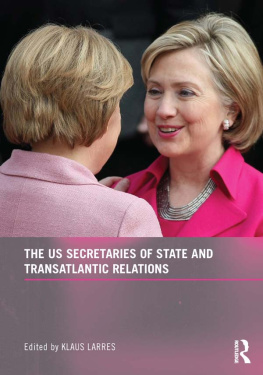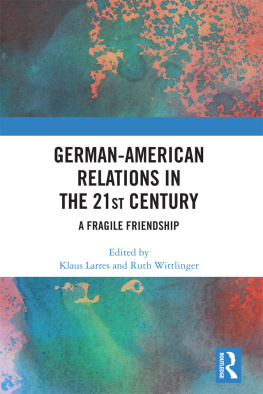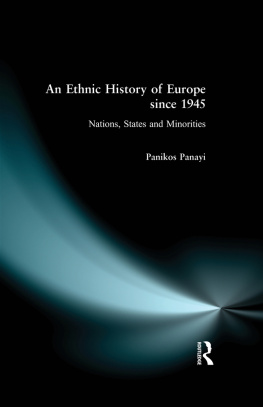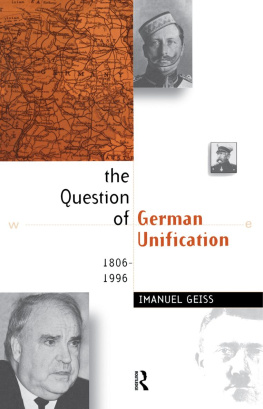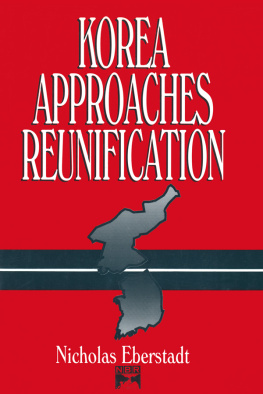First published 1996 by Addison Wesley Longman Limited
Published 2014 by Routledge
2 Park Square, Milton Park, Abingdon, Oxon OX14 4RN
52 Vanderbilt Avenue, New York, NY 10017
Routledge is an imprint of the Taylor & Francis Group, an informa business
Copyright 1996, Taylor & Francis.
All rights reserved. No part of this book may be reprinted or reproduced or utilised in any form or by any electronic, mechanical, or other means, now known or hereafter invented, including photocopying and recording, or in any information storage or retrieval system, without permission in writing from the publishers.
Notices
Knowledge and best practice in this field are constantly changing. As new research and experience broaden our understanding, changes in research methods, professional practices, or medical treatment may become necessary.
Practitioners and researchers must always rely on their own experience and knowledge in evaluating and using any information, methods, compounds, or experiments described herein. In using such information or methods they should be mindful of their own safety and the safety of others, including parties for whom they have a professional responsibility.
To the fullest extent of the law, neither the Publisher nor the authors, contributors, or editors, assume any liability for any injury and/or damage to persons or property as a matter of products liability, negligence or otherwise, or from any use or operation of any methods, products, instructions, or ideas contained in the material herein.
Publishers Note
The publisher has gone to great lengths to ensure the quality of this book but points out that some imperfections from the original may be apparent.
ISBN 13: 978-0-582-23891-6 (pbk)
British Library Cataloguing-in-Publication Data
A catalogue record for this book is
available from the British Library
Library of Congress Cataloging-in-Publication Data
The Federal Republic of Germany since 1949: politics, society, and economy before and after unification/edited by Klaus Larres and Panikos Panayi.
p. cm.
Includes bibliographical references and index.
ISBN 0-582-23890-0 (CSD). ISBN 0-582-23891-9 (PPR)
1. Germany-Economic conditions20th century. 2. Germany-Social conditions-20th century. 3. Germany-Politics and government-20th century. 4. Germany-History-Unification, 1990. I. Larres, Klaus. II. Panayi, Panikos.
HC286.5.F43 1996
Phototypeset by 20
The fall of the Berlin Wall in November 1989 and the subsequent unification of Germany in October 1990 have resulted in an explosion of academic interest in the internal and external politics of the Federal Republic of Germany (FRG) as well as the countrys social, economic and political-diplomatic history The essays in the current volume reflect this development.
However, instead of merely jumping onto the bandwagon of an academic growth industry by considering all the many dramatic events since 1989, the articles in this volume place the transformations which have taken place within the context of the long-term historical structures of the twentieth century, and in particular post-Second World War Germany, focusing upon the Federal Republic of Germany both before and after unification.
The individual authors were asked to consider the following three aspects when researching and writing their respective contributions. Firstly, the development of the general political, economic and social framework of the Federal Republic which has characterized the countrys internal and external politics since its creation in 1949; secondly, the long-term changes in the FRGs constitutional set-up which have become apparent since unification in 1990 and are likely to be of a more permanent character. Thirdly, authors were asked to analyse their respective topics within the context of the long-term structures of the post-war West German state. Thus, it is the aim of the book to deliver a comparative analysis of the economic, social as well as domestic- political and political-diplomatic continuities and changes within the Federal Republic before and after unification. To this end, the book considers the German political tradition in general as well as the characteristics of the West German state which evolved between 1949 and 1989 and the continuities and likely long-term changes in the years since unification. As the Federal Republic since unification has largely emphasized the development and adaptation of West German political, economic and social structures while those of the former East German state (GDR) have been largely ignored or deliberately rejected, most of the articles do not concentrate on the political characteristics of the GDR between 1949 and 1989. The latter have not played any decisive part in the evolving political, economic and social features of the FRG since unification, though some of the contributions do touch upon the GDR s political structures.
outline the main developments which have taken place post-war within the four major basic areas of contemporary German politics: economic, social, domestic-political and political-diplomatic. Richard Overy writes about the FRGs post-war economy and concentrates on the reasons for the so-called economic miracle. Hartmut Berghoff considers population changes and the impact of the various migratory waves. He particularly analyses the role of refugees from the East, guestworkers from Southern Europe and, most recently, the arrival of asylum-seekers. Torsten Oppel- land, Matthias Siekmeier and Klaus Larres analyse the domestic and party political developments during the times of Adenauer, the Grand Coalition, the Social DemocraticLiberal years under Brandt and Schmidt, and, finally, the Kohl era. Imanuel Geiss looks at the German question and the role of the FRG in international politics. The underlying theme of his article is that German political interests and loyalties have always been torn between East and West.
contains essays upon individual subjects within the four themes, varying in specificity. Graham Hallet looks at the intervention of the state in the post-war German economy. He tackles the concept of Soziale Marktwirtschaft and, above all, deals comprehensively with the economic consequences of unification. Panikos Panayi focuses on the central importance of race, in terms of immigration, ethnicity and racism, for the development of the modern German nation-state. Throughout the twentieth century immigrants have played a crucial role in German economic growth while almost all governments have practised some form of more or less overt racism. David Childs considers the neo-nationalist scene since 1949. Above all he concentrates on the National Democratic Party (NPD), whose heyday was in the 1960s and early 1970s, and the Republikaner


